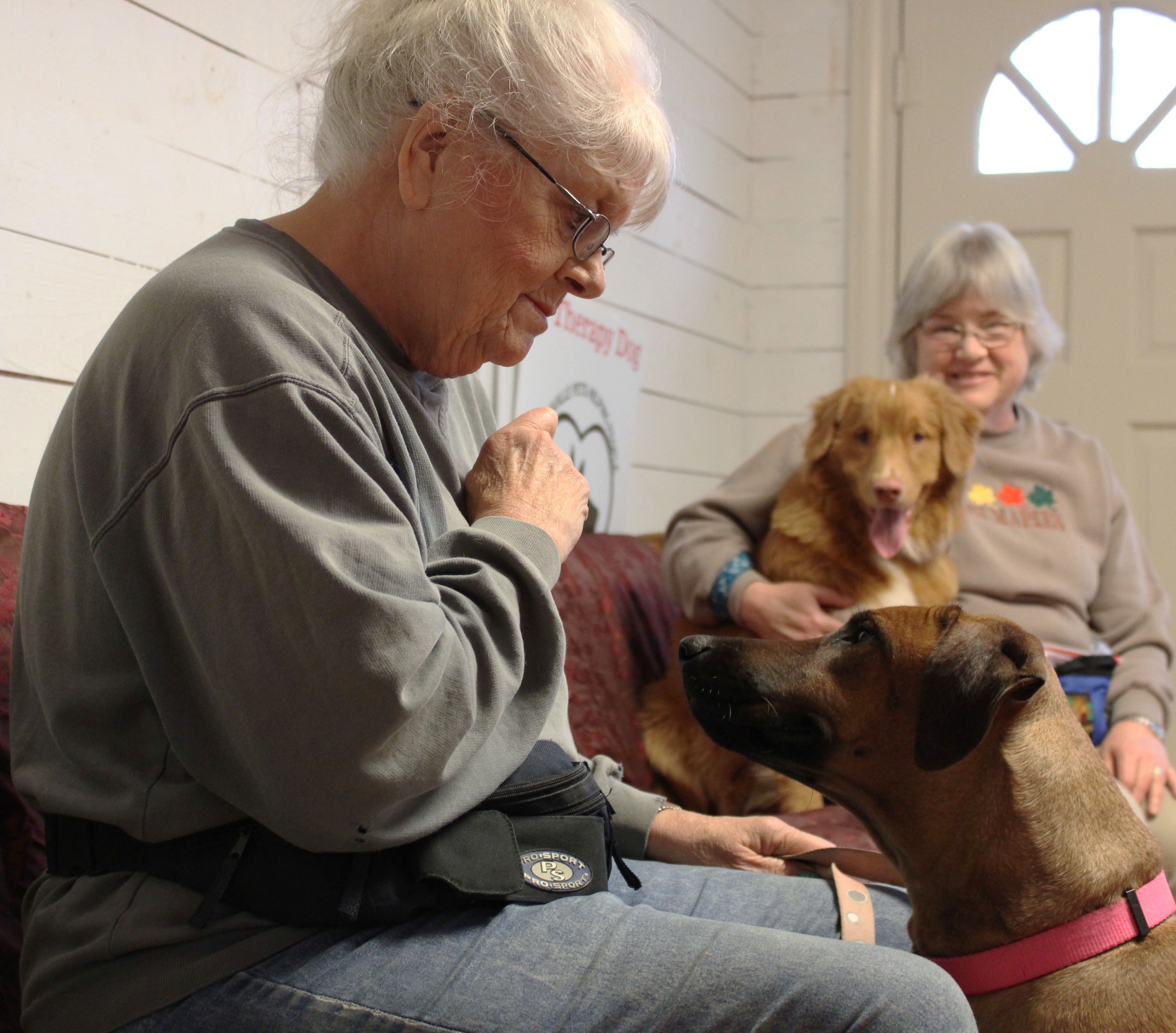Fur-Ever Friends: The Positive Impact Pets Can Have on the Elderly

As people age, they may face various physical, emotional, and mental challenges that can impact their quality of life. Maintaining a sense of emotional well-being and social connection is essential for seniors to lead fulfilling lives as they enter their golden years.
Recent studies have shown that pets, including dogs and cats, can have a positive impact on the elderly, promoting social interaction, reducing stress, and even lowering blood pressure. Whether they are furry friends from the past or newly-adopted companions, pets offer a unique source of comfort and companionship for seniors in need of support.
In this article, we explore how pets can benefit the elderly and enhance their quality of life. Pets are not just meant to be loving companions; they also offer a sense of purpose, encourage physical exercise, alleviate loneliness, and so much more. If you're a senior or have a loved one who's getting up in age, here are some fantastic benefits of owning a pet.
Living Feeling Active Interaction Food Stress Immune Security Conclusion
Living a Purposeful Life
As seniors age, losing a sense of purpose can be common as their roles and responsibilities shift. However, having a pet can provide them with the motivation they need to wake up every morning with a clear purpose. Caring for a pet requires daily activity, orientation and planning which are all essential activities for seniors.
Owning and caring for a pet enables seniors to feel a sense of responsibility, which can help them to establish a routine and ultimately provide mental stimulation. Creating a routine and providing mental stimulation contribute significantly to an improved quality of life. The benefits of owning a pet for seniors go beyond just companionship and can help seniors to lead fulfilling and satisfying lives.
Alleviate Feelings of Loneliness and Isolation
Loneliness and isolation are significant issues that can affect seniors' quality of life. These conditions have been linked to depression and a decline of overall health. However, having a pet can provide much-needed social interaction and help fight off the negative feelings associated with isolation. Pet ownership can help to counteract these feelings, as pets provide companionship, love, and motivation to stay active. Moreover, according to several studies, seniors who own pets tend to experience less loneliness, feel less stressed and have lower rates of depression.
The companionship of pets can help seniors to build social connections, which can contribute significantly to their overall emotional and physical health. In essence, owning a pet can be precisely what seniors need to foster feelings of happiness, purpose, and engagement while improving their overall well-being.
Be Active With Your Pet
As people age, they tend to become more sedentary, choosing to stay indoors more often. However, owning a pet provides a perfect opportunity to stay active. Seniors can take their furry friends on walks, runs, and engage in other physical activities that keep them moving. The benefits of being physically active are numerous, including maintaining healthy weights, reducing the risk of heart disease, and promoting mental health.
Creates Opportunities for Social Interaction
The companionship of pets brings numerous benefits to seniors, including improved emotional and physical health through social interaction. Pets act as conversation starters, helping connect seniors with others and reducing loneliness. Regular walks with pets allow seniors to meet other pet owners and form meaningful friendships.
Additionally, pets help seniors maintain connections with loved ones who visit to share time with their furry friends, creating cherished memories. The bond between seniors and their pets can act as a bridge between generations and enhance seniors' quality of life.
Caring for Your Pet With the Right Food
Having a pet is a rewarding and fulfilling experience, but it also requires attention and care. It's important to provide them with the right food and care for their needs. Click here to learn more about great pet food options. Additionally, having a pet can keep you more active and improve your overall well-being.
Offers Stress Alleviation
Pets have been found to have numerous benefits for seniors, including their ability to help manage stress. According to studies, pets have a calming effect on their owners and can help reduce blood pressure. The simple act of stroking a pet can have a therapeutic effect and make one feel calmer.
In addition to the physical benefits, pets also provide an emotional outlet for the daily stresses of life. Many seniors find comfort in spending time with their furry friends, which can lead to a decrease in cortisol levels, a hormone related to stress. Overall, the presence of pets can have a positive impact on seniors' mental and physical well-being.
Improves the Immune System
Seniors who have pets tend to have stronger immune systems than those who don't. Dogs and cats are naturally playful and can expose seniors to a multitude of germs and bacteria that can help stimulate an underactive immune response. Additionally, being outdoors for walks and playtime with pets can expose seniors to fresh air and vitamin D, which are integral to a healthy immune system.
Offers a Sense of Security
In addition to the emotional and physical benefits that pets offer, seniors are also able to enjoy a sense of security provided by their furry friends. With their acute senses and natural protectiveness, pets can help keep their owners safe by alerting them to potential danger. They act as guard dogs, barking at suspicious sounds or strangers, which can be reassuring for seniors who may feel vulnerable or anxious. This added layer of protection can be especially important for seniors who live alone or fear for their safety.
Furthermore, having an affectionate pet around can provide a sense of comfort and solace, knowing that they have a loyal companion by their side. The security that pets provide can be comforting and reassuring for seniors and helps them feel more safe and secure in their homes.
Conclusion
Pets are a source of comfort, companionship, and happiness - no matter what age we are. For the elderly, pets provide a multitude of benefits that positively impact their physical and mental health. Owning and caring for a pet gives seniors a sense of purpose, encourages physical activity, alleviates feelings of loneliness and isolation, creates opportunities for social interaction, passes time, and offers stress alleviation, improves the immune system and offers a sense of security. If you're looking for ways to improve the health and happiness of an elderly loved one, you might want to consider adding a furry friend to their life.
Thank you Claire Wentz for contributing this article.
Mental Health and Support Articles
From Fur-Ever Friends: The Positive Impact Pets Can Have on the Elderly to Home
Recent Articles
-
Common Truck Crash Injuries and Legal Remedies - Caregiverology
Jul 19, 25 10:49 AM
Known for its sun-drenched beaches, vibrant arts scene, and bustling maritime industry, Fort Lauderdale is a city that sees heavy traffic both on its roads and at its busy port. Unfortunately, with th… -
Why Expert Legal Help Matters After Serious Injury - Caregiverology
Jul 19, 25 10:35 AM
In Houston, over 67,600 car crashes occurred in 2023, resulting in 290 fatalities and 1,612 serious injuries. That’s roughly 185 accidents every day. -
How Life Care Planners Support Injury Recovery - Caregiverology
Jul 19, 25 10:18 AM
In Los Angeles, life care planners play a vital role in supporting injury recovery, especially for individuals facing catastrophic injuries such as traumatic brain injuries or spinal cord damage.





New! Comments
Have something to say about what you just read? Leave a comment in the box below.